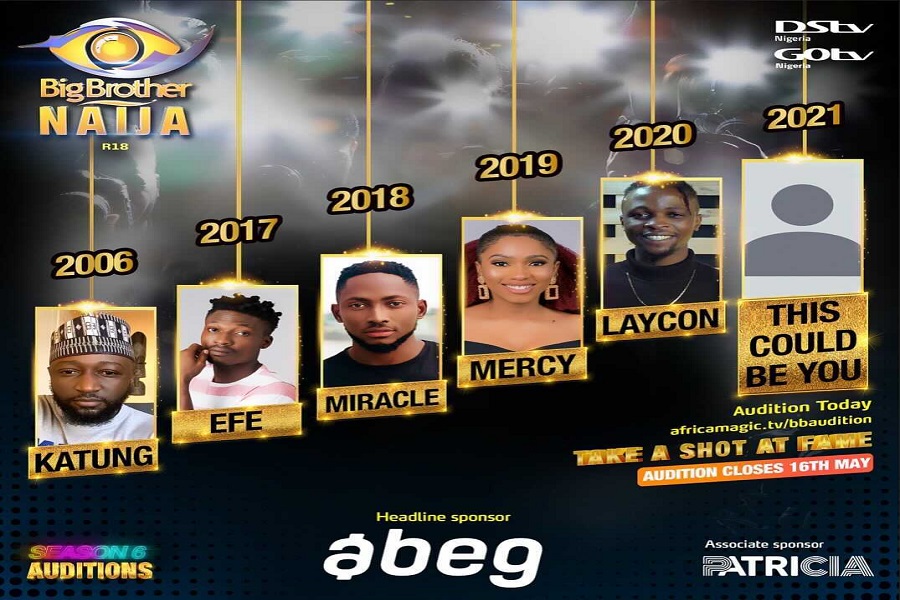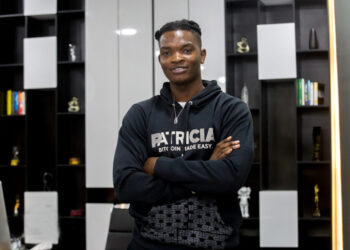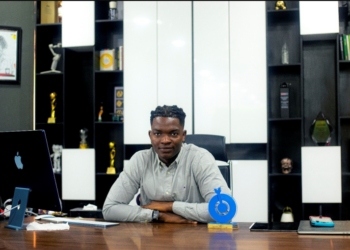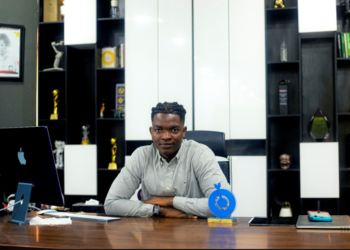In order for any business to not only survive but also thrive in the digital age, it needs to promote its products and services. Even brands as big as Coca-Cola, with a global reach, understand this principle.
Advertisement has always evolved with the times to better reach potential and existing customers. From word of mouth when humanity was only budding, to billboards and signboards when literacy started to flourish and newspapers became available to the general public. Advertisements have also been broadcast on radios and television before taking on social media in the early 2000s.
Big Brother Naija, which used to be Big Brother Nigeria, is a show that has been dubbed “Africa’s number 1 reality tv show.” It is, quite possibly, one of the biggest cash cows because of its business model.
A quick run-through of the Big Brother Naija show and its sponsors
Big Brother Naija has had a couple of prolific sponsors in the last five years. From the second season when the title was changed to what it currently is, PayPorte Global Systems (PayPorte) and Betway Nigeria (Bet9ja) have been headline sponsors. The role is currently held by Abeg.
Abeg, the social payments app was announced as the headline sponsor in May of 2021, along with Patricia, a Nigerian owned fintech company as the associate sponsor of season 6. Abeg paid ₦2 billion while Patricia paid ₦1 billion to be the headline and associate sponsors respectively. Patricia sponsored the fifth season of BBN while Abeg, the headline sponsor, is relatively new to this level of sponsorship.
According to insider sources, Category sponsorship of BBN costs ₦750 million while product sponsorship costs N200 million, and each season (which lasts 10 weeks) has multiple sponsors. This does not include other sponsors who pay as much as ₦50 million. The sponsorship packages include 30-seconds ad slots, product integration, online activation, and other offerings. The other brands that advertise, host occasional games and sponsor the reality show on a smaller scale are Darling Hair, Pepsi, Munch It, Super Commando, Waw, Eva Soap. The sponsored games the housemates play and the prizes to be won by the audience are also sponsored by these brands.
It is a common fact to every brand that advertising is one of the differences between turning a loss, breaking even, and turning a profit. Even subpar products can seem appealing with the right marketing. And in the cases where products are advertised properly, it still would not mean anything if it isn’t advertised to the right target audience. That is why Abeg and Patricia decided to be involved with the current season of Big Brother Naija, in the capacity that they chose.
It can also be used to explain why some brands that can afford to advertise on Big Brother Naija choose not to. Perhaps they know that they will reach their target audience another way – be it radio, social media, or billboards.
BBN’s target audience ranges from Boomers, Generation X, down to Generation Z – from 65+ to 15-year-olds. With 75% of its viewers being working adults or self-employed, it is safe to say that the buying power the audience has is undeniable. The programme airs in 48 other African countries besides Nigeria, to an average audience of 309 million viewers according to DSTV media sales figures. With peak viewing at the start of the programme, some eviction shows, and the finale. It also accumulates about 915 million votes each season since season 4 through the various voting methods.
If advertising on Big Brother Naija did not have the return on investment that makes brands bid and spend tens and hundreds of millions of Naira on sponsorship and advertising deals, it wouldn’t have the pull it does now to generate conversation online and offline. Big Brother Naija may be revolutionising television advertising in a digital age in Nigeria.
Winston Sylvanus writes in from Lagos.


















not a lie,lovely article